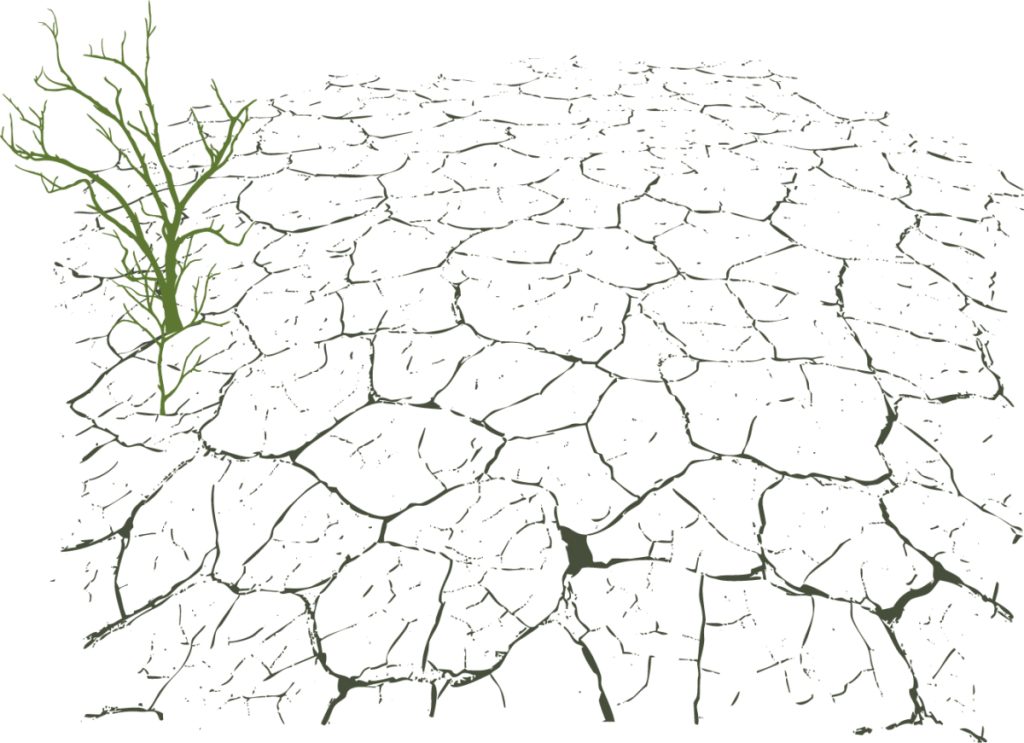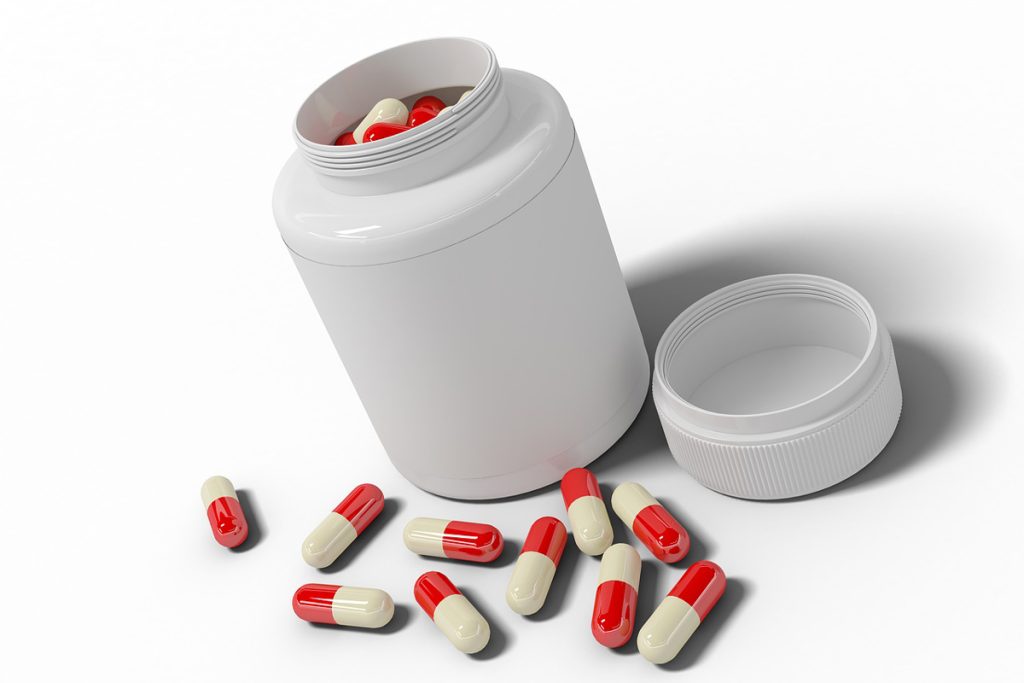What is vaginal dryness?
First, it’s important to understand how vaginal dryness feels. It may not be totally obvious when it occurs.
Typical symptoms of vaginal dryness include:
-
- Soreness, itching, or burning pain of the vagina
- Pain with sexual intercourse
- Light bleeding after sex
- Mild vaginal discharge
Typically, the vagina is self lubricating, especially right before and during sexual activity. This natural lubrication is produced by increased bloodflow during arousal which lead to vascular engorgement. It is also a mixture of secretions from the cervix, Bartholin glands and Skenes glands.

Vaginal dryness is extremely common, no matter how old you are. If you’re dealing with dryness, take a moment to understand the possible reasons why it’s occurring. Read on below to learn the most common causes of vaginal dryness.
It’s slightly acidic and has a balanced microflora, which help keep your vagina healthy and prevent bothersome infections like yeast or bacterial vaginosis.
Note that seeing white discharge can be completely normal. When you see these changes in your discharge, you may want to consult a doctor:
-
- heavy or fishy odor
- thick, pasty white or cottage cheese-like texture
- discharge accompanied with itching
- pelvic pain or spotting during intercourse
- green, grey, or yellowish color
Vaginal lubrication is an important part of sexual arousal.
There are many causes of vaginal dryness which can lead to painful and uncomfortable sexual intercourse.
Top Causes of Vaginal Dryness
Vaginal dryness happens when your vaginal tissues are not healthy and well-lubricated. But what can cause this to happen? We discuss the top causes of vaginal dryness below.

You’re Not Really Aroused
Vaginal dryness can make sex difficult, uncomfortable, and downright painful. But there are ways to help you enjoy sex even when experiencing dryness.
- Lubricant – Pick up some water-based lubricant (but make sure it’s glycerin and paraben-free) at your local pharmacy or grocery store. Silicone based lubricants last longer but may contain glycerin, which can lead to irritation, inflammation and yeast infections. Petroleum jelly, baby oil, or mineral oil can also cause irritation or inflammation. Aloe vera jelly or coconut oil can be used safely. Some brands that are glycerin-free are Swiss Navy All Natural, Astroglide Free, Good clean love, Pre-seed, and Wet Natural Beautifully bare. Apply the lubricant to your vulva, to the tip of the penis, and to the introitus, or entrance of the vagina, just before you have intercourse.
- Foreplay – If you’re worried about vaginal dryness, don’t rush. Take your time. Try some foreplay to help you get aroused. This will help your vagina to naturally lubricate.
You Have Low Estrogen Levels
Many women experience a drop in estrogen levels. Causes can include peri-menopause or menopause, low libido, premature ovarian failure, thyroid disorders, excessive exercise, being severely underweight , eating disorders such as anorexia, chemotherapy, a low-functioning pituitary gland, and congenital disorders such as Turner syndrome.
Estrogen levels can also drop when you’ve given birth and even while you’re breastfeeding your children.
Chemotherapy can also cause estrogen levels to drop and lead to more intense symptoms. In fact, chemotherapy can damage the ovaries so that they no longer produce estrogen, leading to lower production of natural lubrication, thinning and weakening of the vaginal lining, and loss of elasticity.
If you’re dealing with vaginal dryness due to low estrogen levels, vaginal moisturizers, such as Luvena and Replens or vaginal estrogen therapy can help. They can be used 2 to 3 times per week. They may be more convenient if you don’t want to use a lubricant every time you have sex.
You’re Taking Medication With Dryness as a Side Effect
Some medications can cause vaginal dryness, including:
-
- antihistamines
- antibiotics
- antidepressants
- cold medicines
Taking these medications can lead to painful, dry vaginal tissues. In addition, antidepressants often have sexual side effects like dryness, lower libido, and difficulty achieving orgasm.

You’re Going Through Menopause
Menopause doesn’t happen at the exact same time for all women. Every woman is different.
Menopause means your ovaries will no longer release eggs and produce estrogen. Yes, you will stop having periods.
This usually starts at 51 years old, which is the average age for onset. However, women can have their last period between the ages of 45 and 55. Though the onset age is said to be determined genetically, things like chemotherapy and smoking can damage your ovaries, leading to earlier menopause.
It can be tough to determine when the onset of menopause actually begins, because your periods will be irregular in the years leading up to onset. These years preceding menopause are called perimenopause.
You can be sure that menopause has begun for you when you’ve gone without a period for 12 months.
One of the side effects of menopause can be vaginal dryness, though some report not experiencing that side effect at all. If you’re feeling vaginal dryness, though, it may be time to contact your doctor to get relief.
You Have Lichen Sclerosus
Lichen sclerosus is a chronic condition that causes thin, white patches of the skin, usually in the genital and perianal area. The exact cause isn’t known. An overactive immune system or an imbalance of hormones may play a role. Postmenopausal women are at a high risk.
Symptoms include:
-
- Itching, which can be severe
- Discomfort or pain
- Smooth white spots on skin
- Thin wrinkled patches
- Easy tearing
- Painful intercourse
- Narrowing of vagina
There is no cure. Steroid creams or ointments can help control the inflammation and symptoms. You can treat by using a lubricant during sex, applying an appropriate moisturizer to affected area, and avoiding irritants such as scented bathing products.
Take Control and Get Relief from Your Vaginal Dryness Now!
At Aurora Gonzalez, MDPA & Associates, our team of highly trained, experienced all-female doctors can help you get relief from vaginal dryness and other issues. Our medical team will address your healthcare concerns respectfully and discreetly. Schedule an appointment today by calling us at 713-757-9905!

